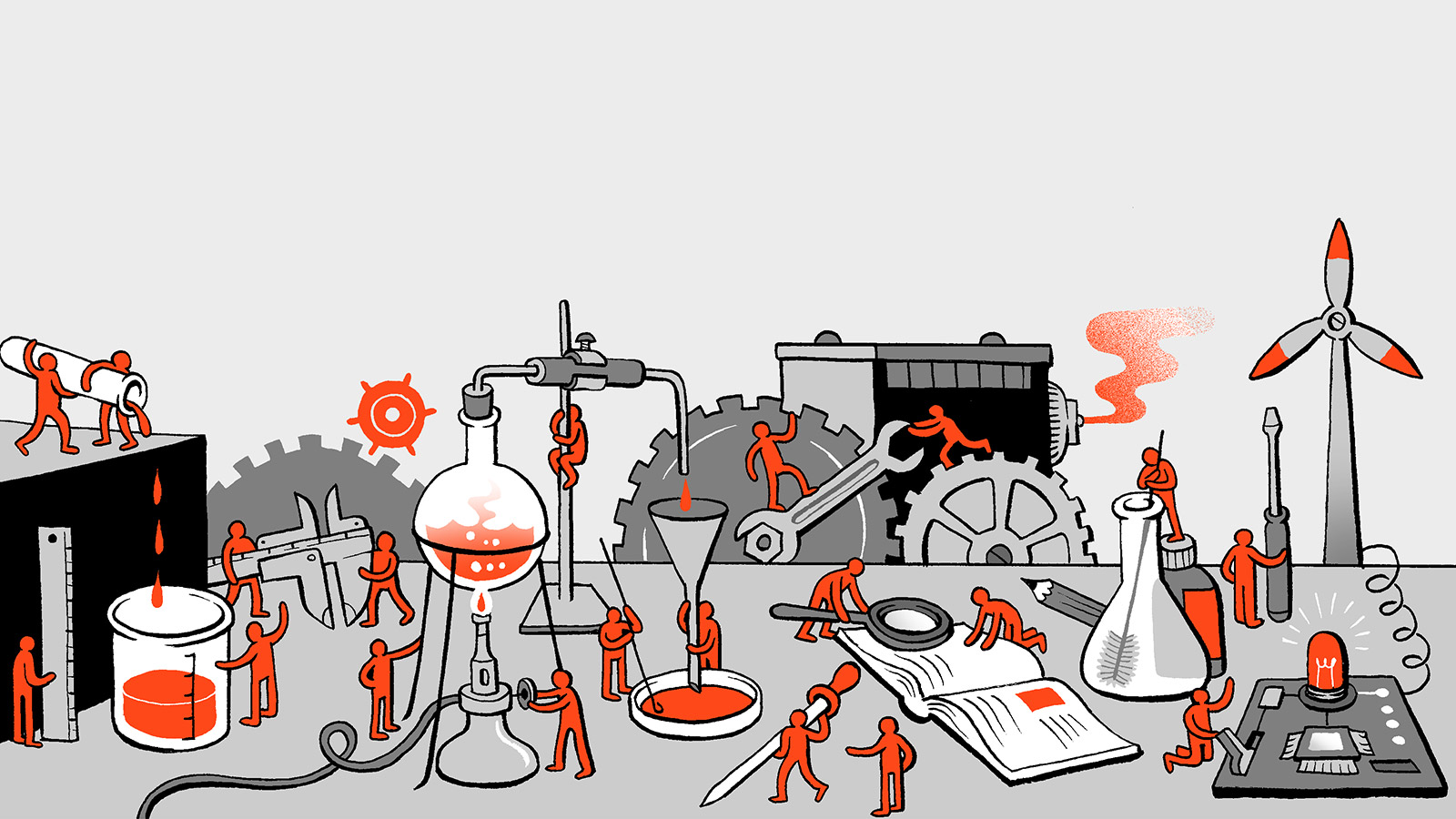Technological advance cannot be stopped, nor do I think that even if it were possible that it would be a fruitful area to explore. Rather, the social cost and abuse of technology is my concern. Since in the U.S. the collective bargaining system is the key area for dealing with the abuse of power by the corporations...
Category - No 6
Microelectronics does not embrace the simple solution of dropping resistance to new technologies; instead it outlines other ways workers can preserved integrity. Aside from demanding higher wages and refusing job loss and job force shrinkage, workers can demand input into the design process itself when new...
Launch on warning should be opposed by progressives in the context of the Pentagon’s dangerous and wasteful doctrine of land-based missile protection. Opposition to this doctrine has become more urgent with Reagan’s recent decision to deploy MX missiles in single, fixed silos, protected by either an ABM system or...
New computer based technology applicable to office work is becoming available at continuously decreasing cost. At the same time, clerical workers have begun to organize to demand higher wages, better working conditions and more opportuities for advancement.
Presently in the U.S., technology and production processes are exclusively defined by engineers and management in technical positions. From there technology invades the shop environment, whether it is welcome or not, and imposes new rules of work and behavior on the shopfloor people. No communication takes place...
In early 1980, Dollars & Sense and Working Papers, two Boston-area periodicals, set out to develop a microcomputer-based mailing list maintenance system. It was planned as a joint venture primarily to share the considerable programming cost, but also to allow each magazine to use the other's computer in emergencies...


